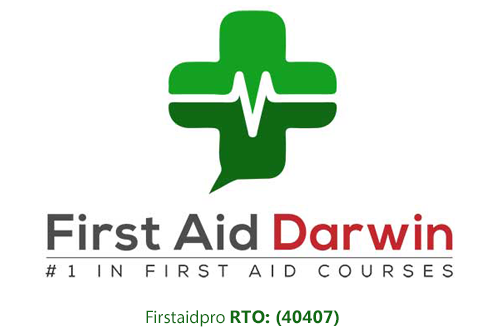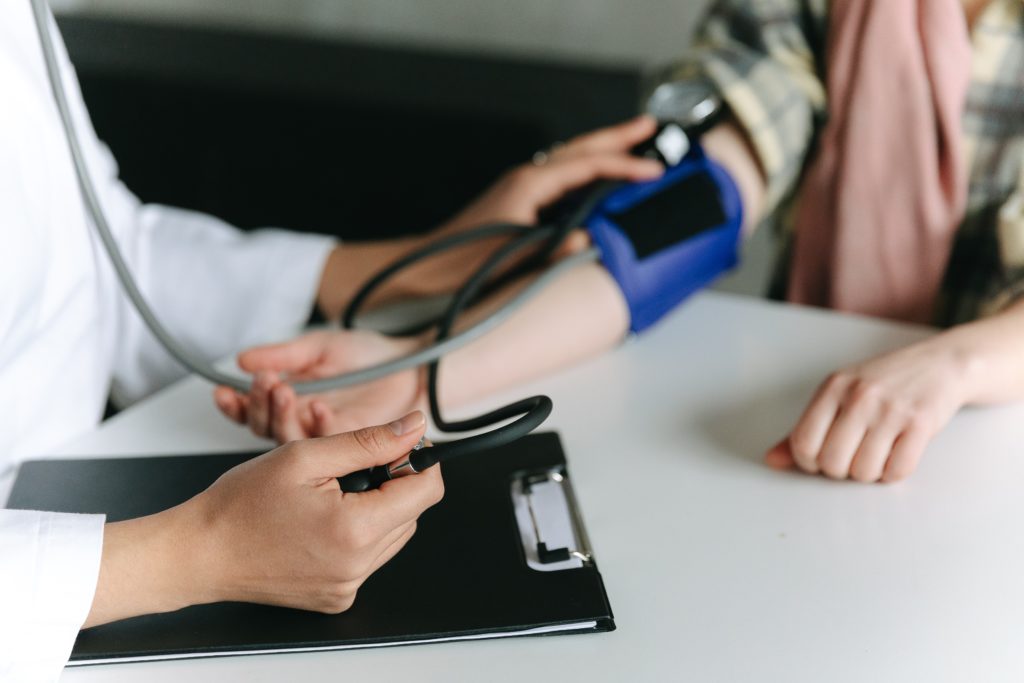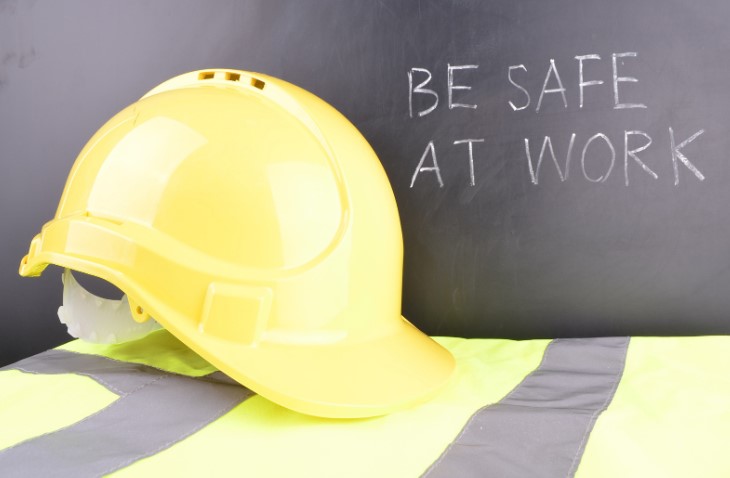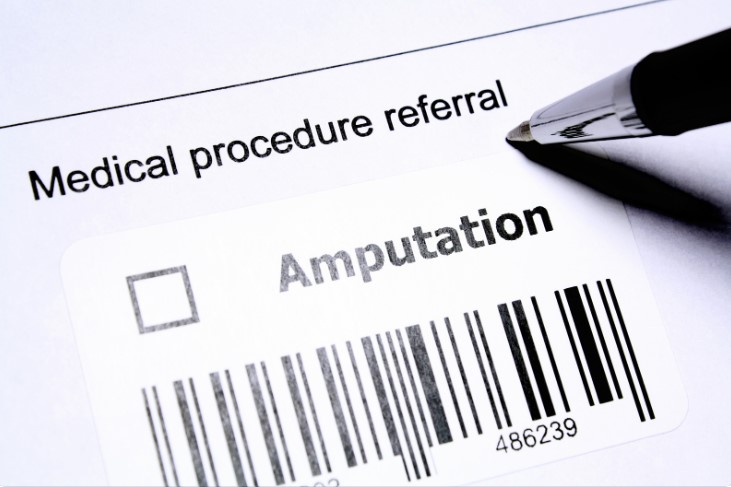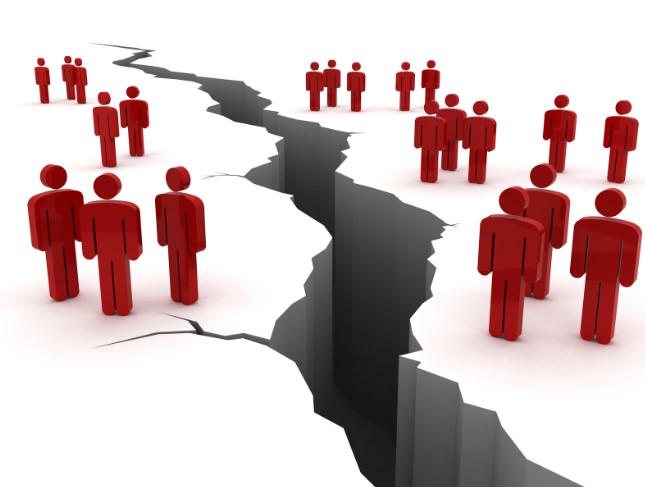Blood pressure measures the force of blood pushing against the arteries while it circulates throughout the body. If the pressure is high, it can cause damage to the vessels over time. The tiny tears that trap plaque can lead to blockage to the heart. Also referred to as hypertension, this condition increases your risk of heart diseases, heart attack, stroke, and other organ damage.
A global estimate of 972 million, or 26% of the population, has high blood pressure. It is expected to rise to 29% by 2025. A normal blood pressure reading is 120 over 80 (120/80). If it is often detected as high, it is best to seek medical help to avoid serious health consequences.
Common Causes of High Blood Pressure
The exact causes of high blood pressure are not known, but several factors that can trigger it include:
- Smoking and alcohol abuse
- Obesity or being overweight
- Lack of physical activity
- Stress
- Older age
- Genetics
- Family history of high blood pressure
- Chronic kidney disease
- Adrenal and thyroid disorders
Complications of High Blood Pressure
When the blood pushes too hard against the arteries, it can cause a wide range of complications that damage the entire circulatory system. Take a look at these possible complications of high blood pressure.
-
Heart Attack or Stroke
A spike in blood pressure levels damages the walls of the arteries. Hence, they are more likely to develop build-up plaque that can harden, narrow, or block the arteries. It can also lead to blood clots. These clots can block blood flow to the heart or brain, resulting in a heart attack or stroke.
-
Aneurysm
The constant pressure can cause the blood vessels to the brain to weaken and bulge, increasing your chances of developing an aneurysm. If a brain aneurysm ruptures, it can be serious and life-threatening.
-
Heart Failure
The heart muscles may thicken, and the heart becomes enlarged as a result of high blood pressure. Under these circumstances, the heart has to work harder to pump blood, causing heart failure.
-
Loss of vision
Increased pressure can damage the delicate blood vessels found in your eyes. It can lead to a reduction in blood flow through the eye area and even lead to ruptures. This condition is called hypertensive retinopathy, which causes bleeding, blurred vision, or blindness to one or both eyes.
-
Kidney disease or failure
High blood pressure also damages the arteries found in the kidneys. This tear-up can interfere with the kidney’s ability to filter blood effectively. The unfiltered blood may raise the pressure, leading to a dangerous cycle.
-
Peripheral artery disease (PAD)
PAD is a common condition in which arteries located outside the heart become narrowed, causing pain, cramping, and fatigue. If you have peripheral artery disease, you are also at risk of stroke and heart attack.
-
Sexual disfunction
High blood pressure in men can result in erectile dysfunction. It is because there is limited blood flow to the penis. Women can also experience sexual dysfunction from increased blood pressure.
-
Trouble with memory and understanding
Uncontrolled pressure in the blood can affect our ability to think, learn, and remember. The trouble with memory and understanding is more common. It can also lead to Dementia.
Takeaway
With so many serious health conditions relating to high blood pressure, keeping it healthy and normal is a must. Balanced blood pressure can have a big impact on the quality of life and its longevity.
If you suspect you have high blood pressure, it is best to talk to your healthcare provider. They can give you advice on certain medications and lifestyle changes that could be lifesaving.
It is also best to learn first aid to respond to these complications brought by high blood pressure.
